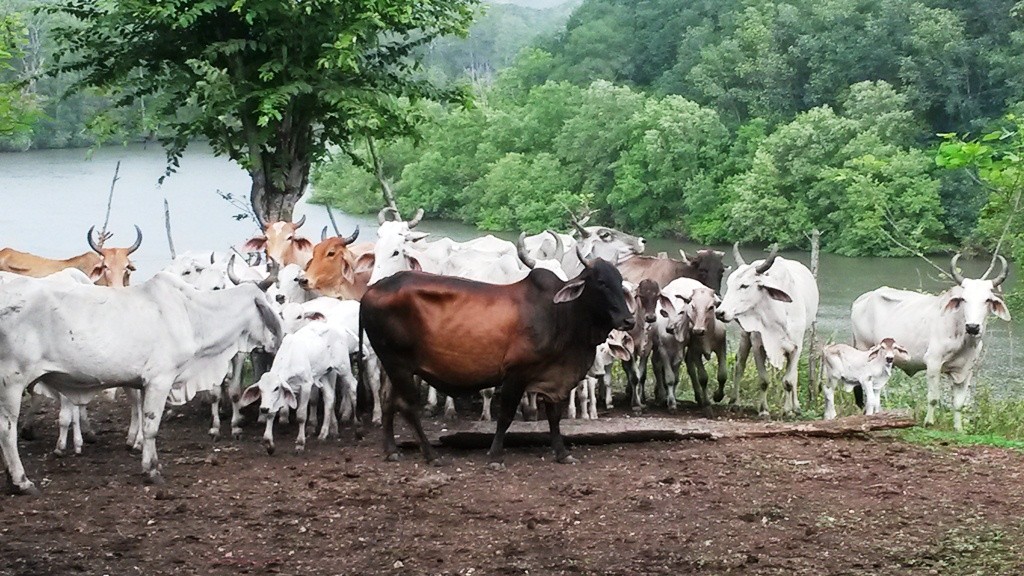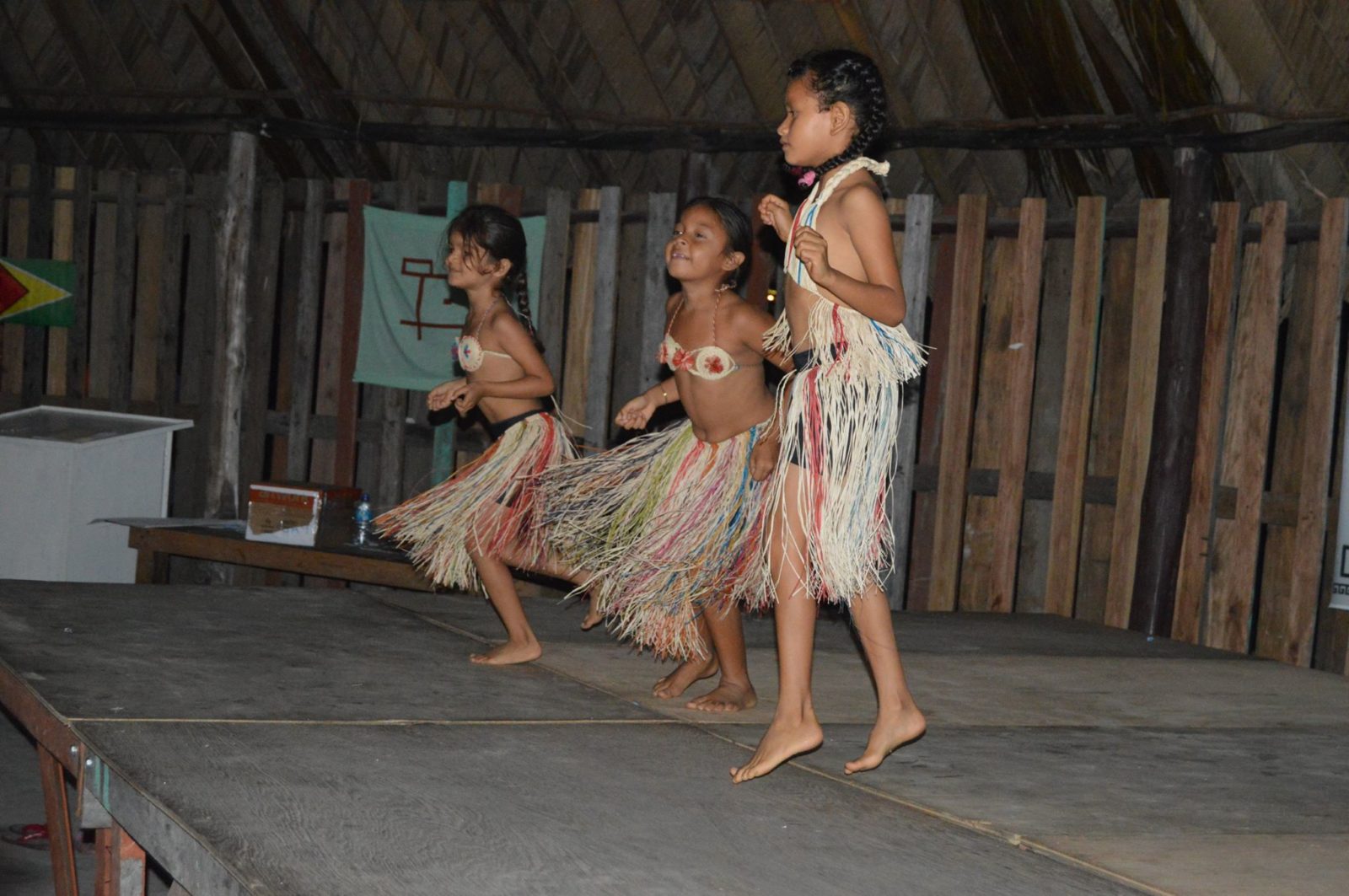Wounaan Community Wins Protracted Battle Against Cattle Ranchers
After 10 years of fighting, the Wounaan people of Puerto Lara, Panama, recovered their rainforest lands from illegal incursions by cattle farmers. These squatters intended to clear the forest in the heart of Wounaan ancestral lands, in order to create space for their ranching operations. The Wounaan are beginning the process of healing the land, putting reforestation plans into action.
How did these interests take over part of their rainforest to begin with? They simply walked in and took it, confident that the government wouldn’t worry about protecting indigenous land rights.
“Ever since we were founded, the Puerto Lara community has focused on fishing, chunga basket weaving, and traditional agricultural practices.” explains Nariño Quiroz. However, this quiet way of life was interrupted when the Arboleda family took over a patch of rainforest that seven Puerto Lara families were purposefully leaving untouched after having harvested it for a couple of years. “We were following our traditions, letting the land lie fallow for 5 to 8 years before working it again—this way the land remains fertile.”
The Arboleda family lived just across the river from the indigenous community for many years. When they saw that the community was no longer growing food in the area or harvesting native plants, the Arboledas argued the land was abandoned. They crossed the river and began clearing the forest. This done, they rented out the newly cleared fields to cattle ranchers.
The Wounaan asked the Arboledas to leave, explaining that the land was theirs. When negotiation failed, the community went to the authorities and began the long process of asserting their rights to the area. After years of pressuring the Panamanian government, court hearings and petitions, the Wounaan’s land rights were affirmed. The State decreed that the ranchers had to leave. It fell on deaf ears.
In the meantime, the cattle’s feces began to contaminate the waters, killing much of the aquatic life and making it harder for the community to fish. One young girl died, sickened by virulent bacteria from the river her community used for drinking water. Finally, the State stepped in and insisted the ranchers leave.
Today, the Wounaan are celebrating the success of a long struggle, but continue to fight to have all of their land rights recognized. In particular, they are calling on Panamanian government to recognize the mangroves they built their houses on as their ancestral land. Even though most of the community’s homes are in the mangroves, the State insists that mangroves cannot be considered land, and as such are not part of their territory.
The Wounaan community of Puerto Lara explains, “One of the lessons we have learned is that we have to guard our lands and ensure we analyze our maps, all legal documents, agreements, and accords so that we don’t have problems in the future. It’s not possible that the State refuse to consider the mangroves as our ancestral land—this is where most of our homes are and is our principle source of food and survival.”
Read More
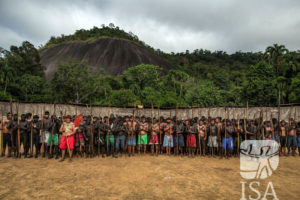
Murder of Two Yanomami by Illegal Miners Heightens Fears of Renewed Cycle of Violence in the Brazilian Amazon
The murders reinforce the need for the Brazilian government to immediately expel the more than 20,000 miners illegally operating on Yanomami land.
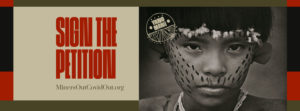
Miners Out, COVID-19 Out: The Yanomami and Ye’Kwana People of the Brazilian Amazon Launch a Global Campaign to Expel Miners From Their Territory
Indigenous leaders demand the urgent removal of 20,000 illegal gold miners from their lands to prevent the spread of COVID-19
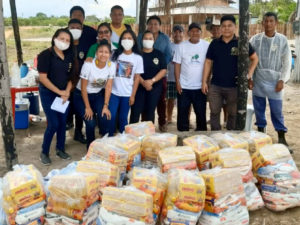
Voices from the Ground: COVID-19 Response in Roraima, Brazil
An interview with the Legal Advisor for the Indigenous Council of Roraima about adressing COVID-19 in his territory.
Support Our Work
Rainforest Foundation US is tackling the major challenges of our day: deforestation, the climate crisis, and human rights violations. Your donation moves us one step closer to creating a more sustainable and just future.

